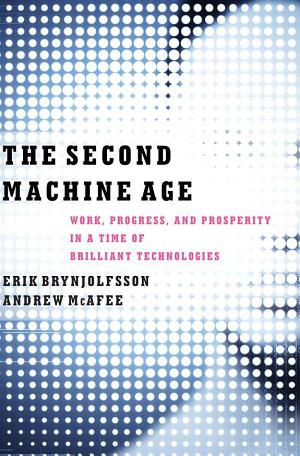My First Flame
An early take on the dark side of cyberspace:
Like many newcomers to the "net"--which is what people call the global web that connects more than thirty thousand on-line networks--I had assumed, without really articulating the thought, that while talking to other people through my computer I was going to be sheltered by the same customs and laws that shelter me when I'm talking on the telephone or listening to the radio or watching TV. Now, for the first time, I understood the novelty and power of the technology I was dealing with.



















